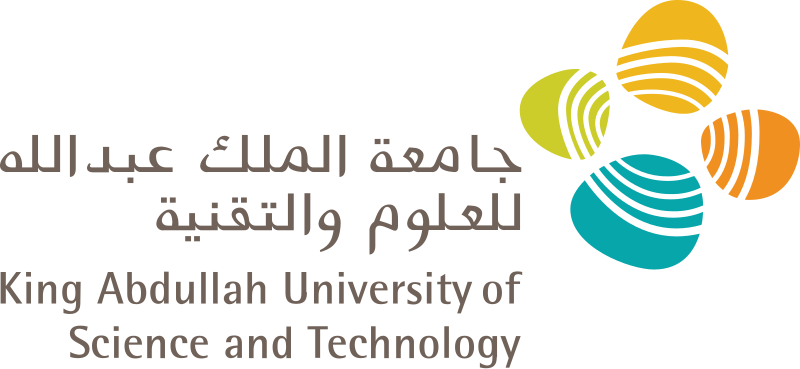
Applying to KAUST - Your Complete Guide for Masters & Ph.D. Programs (Upcoming Admissions)
Admissions Overview & Key Requirements

Opportunity type:
Internship Programs
Funding Type:
Paid
Regions:
Belgium
Deadline:
2025-08-29
Opportunity type:
Internship Programs
Funding Type:
Paid
Regions:
Belgium
Deadline:
2025-08-29
The European Union Traineeships Program, also known as the Blue Book Traineeship, is a distinguished internship opportunity offered by the European Commission. Scheduled twice a year, the traineeship allows graduate students or recent graduates to work alongside professional staff in EU directorates-general, agencies, and bodies.
Over the course of approximately five months, trainees gain practical experience in key areas such as competition law, environmental policy, digital strategy, communications, human resources, translation, external relations, and more. Through participation in meetings, drafting legal opinions, responding to citizen inquiries, and supporting daily teamwork, trainees experience first-hand the inner workings of the EU’s executive arm.
The European Commission proposes 2 types of traineeship: an Administrative Traineeship or a Translation Traineeship with the Directorate-General for Translation (DGT). Trainees work all over the European Commission, its services and agencies, mostly in Brussels, but also in Luxembourg and elsewhere across the European Union.
To be eligible, applicants must:
NOTE: Non-EU nationals are eligible for administrative traineeships.
• Application Deadline: 29 August 2025 (10:00 a.m., Brussels time)
• Traineeship Period: March–July 2026 (exact dates will be confirmed in the selection phase)
• Monthly trainee allowance of approximately €1,493.36
• Travel costs, visa costs and related medical fees will be reimbursed together with travel expenditures.
Applicants must upload supporting documents including:
NOTE: You may only apply for one type of traineeship per session. Parallel applications are not allowed.
You can apply for up to three posts, one at a time, across three application rounds. However, you will only be selected for one position.
Attending and organising meetings, working groups, and public hearings
Researching, drafting and editing documentation – including reports and consultations
Answering citizens’ inquiries
Supporting the management of projects
Translating, revising translations or researching terminology
Share

Applying to KAUST - Your Complete Guide for Masters & Ph.D. Programs (Upcoming Admissions)
Admissions Overview & Key Requirements

Registration Opens for SAF 2025: International STEAM Azerbaijan Festival Welcomes Global Youth
The International STEAM Azerbaijan Festival (SAF) has officially opened registration for its 2025 edition!

An mRNA cancer vaccine may offer long-term protection
A small clinical trial suggests the treatment could help keep pancreatic cancer from returning

Young Leaders Union Conference 2025 in Paris (Fully Funded)
Join Global Changemakers in Paris! Fully Funded International Conference for Students, Professionals, and Social Leaders from All Nationalities and Fields

Yer yürəsinin daxili nüvəsində struktur dəyişiklikləri aşkar edilib
bu nəzəriyyənin doğru olmadığı məlum olub. Seismik dalğalar vasitəsilə aparılan tədqiqatda daxili nüvənin səthindəki dəyişikliklərə dair qeyri-adi məlumatlar əldə edilib.

Lester B Pearson Scholarship 2026 in Canada (Fully Funded)
Applications are now open for the Lester B Pearson Scholarship 2026 at the University of Toronto!